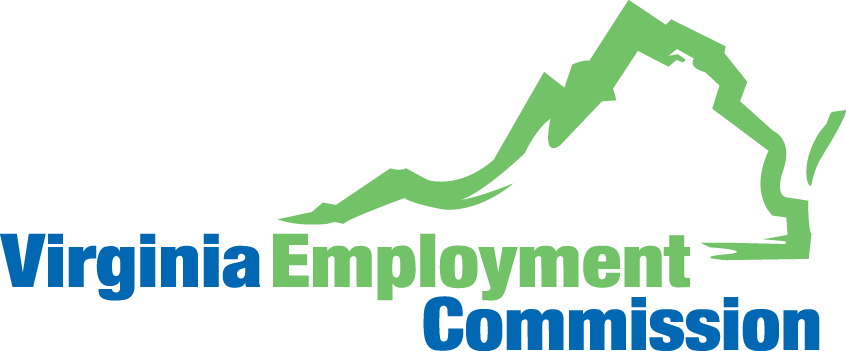Employers play a critical role in the vitality and accuracy of the Commonwealth's unemployment insurance (UI) system; from providing quarterly tax and payroll reports to paying UI tax and responding to UI claims.
Common FAQs
Am I required to pay unemployment tax as an employer?
Employers are liable for unemployment tax in Virginia if they are currently liable for Federal Unemployment Tax. General employers are liable if they have had a quarterly payroll of $1,500 or more or have had an employee for 20 weeks (about 4 and a half months) or more during a calendar year. Agricultural, Domestic, and 501C3 Non-Profit employers have different thresholds for liability. Additionally, if you acquire a business that is liable at the time of the acquisition, you are liable.
If I pay someone less than $600, are they still an employee?
Yes. If someone performs a service and they are paid, they are an employee unless the VEC determines they are statutorily excluded. The employer must prove the statutory exclusion. All amounts paid for services, no matter how small, are reportable.
How does the VEC know if employers are reporting incorrectly?
The VEC may learn about incorrect reporting when a former worker files for unemployment benefits and their wages are not recorded in our system. In addition, VEC tax representatives conduct periodic audits of employer accounts. Over 3,700 VEC audits are conducted each year. These audits reveal some employers are not reporting all workers to the VEC and are not reporting compensation correctly. Employers who exclude reportable wages may become subject to additional tax, interest, and penalties.
How are tax rates assigned?
Base tax rates normally vary from a minimum of .1% up to a maximum of 6.2%. Tax rates are assigned by calendar year, based on the individual situation of the employer. New Virginia employers receive the initial base tax rate of 2.5% (plus add-ons) until eligible for a calculated rate. Others may qualify for an experience base rate or receive an assigned base tax rate.






